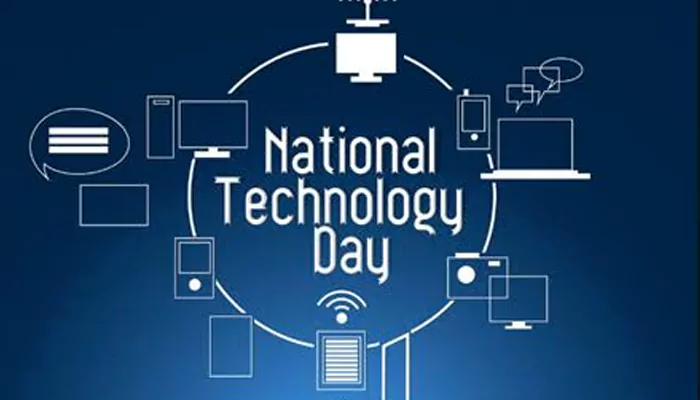Bill Gates-funded Startup Invented World’s 1st ‘Dairy-free Butter’: Exploring Cutting-edge Technology behind this Eco-friendly innovation
- Admin
- 1 year ago
- 3 minutes read

Butter production without harming animal, might sound fictional, but actually made possible by modern biotechnology!
Loaded with vitamins A, D, and E, butter is a must-have dietary product for bone development and skin health. Traditionally, butter has been produced by cow, sheep, buffalo, or even goat-based milk fat and protein. The dairy industry has proved to be seriously destructive to our environment, for increasing concerns about animal welfare, pollution, and contributing largely to carbon footprint in the environment. Amidst these concerns, one US-based start-up came up with modern technologies to develop dairy-free butter with all the nutrients intact! In this article, we will discuss about the technologies responsible for unique innovation and its future prospects for a sustainable future.
Dairy-free Butter:
About Innovation: California-based startup named Savor, funded by the Microsoft founder Bill Gates, announced successful development of dairy-free butter which tastes similar to butter prepared from cow or sheep milk.
About Company: As per company website, Savor produces “nutrient-rich foods devoid of animals, agricultural land, fertilisers, hormones, or antibiotics.” The company is also experimenting to prepare diary-free alternatives to ice-cream and cheese.

Involved Technologies: Before exploring the technology involved, let's understand the typical composition of butter, which constitutes 80-82% fat, 16-17.5% water, 1.5% salt, and 1% milk solids such as vitamins, minerals, and lactose. The fat content is usually a combination of triglycerides, derived from fatty acids. However, the dairy-free butter was prepared leveraging a unique thermochemical process. This advanced method allowed scientists to build fat molecules by creating long chains of carbon dioxide, hydrogen and oxygen.
Talking about the process Bill Gates mentioned: “The process doesn’t release any greenhouse gases, and it uses no farmland and less than a thousandth of the water that traditional agriculture does. And most important, it tastes really good – like the real thing, because chemically it is.”
An Effort to Mitigate Climate Change:
For quite a long time, efforts have been made to develop food items sustainably and more organically. To prepare a standard unsalted one kg of butter, it leaves standard climate footprint of 16.9 kg CO2. On the other hand, this newly developed dairy-free butter production process leaves less than 0.8g CO2 equivalent per kg.
“The idea of switching to lab-made fats and oils may seem strange at first. But their potential to significantly reduce our carbon footprint is immense. By harnessing proven technologies and processes, we get one step closer to achieving our climate goals,” Bill Gates explained in his blog.

When will Dairy-free Butter Come to Market?
Kathleen Alexander, Savor’s chief executive, said, “We are currently pre-commercial and working through regulatory approval to be able to sell our butter. We are not expecting to be able to move forward with any kind of sales until at least 2025. So far, we had informal taste panels with tens of people. We expect to perform a more formal panel as part of our commercialisation and scale-up efforts.”
Kathleen shared about future prospects and company’s goal: “If we are successful in commercialising our non-agricultural approach to fat production, we could capture an unprecedented opportunity to preserve existing forests and even rewild historic forestlands.”












